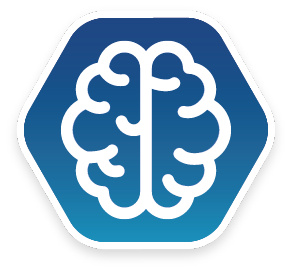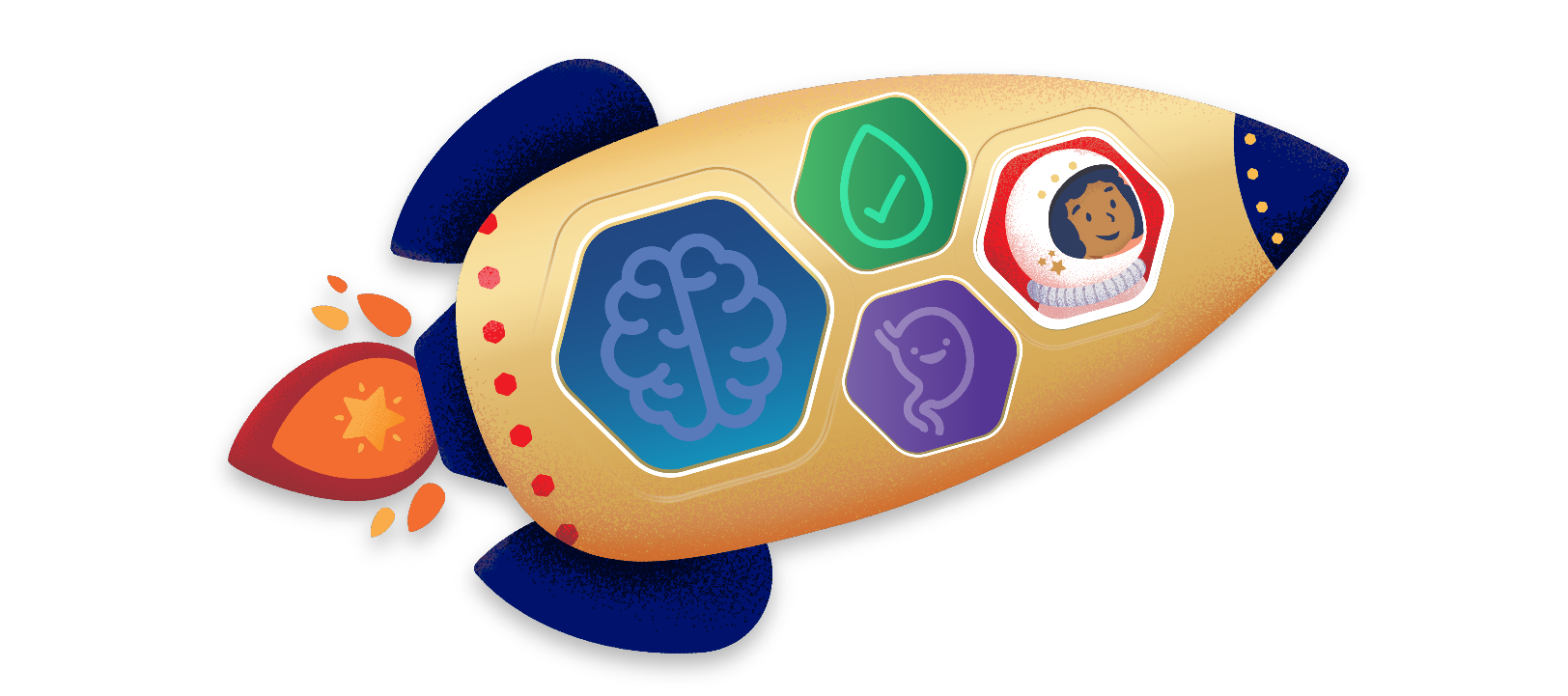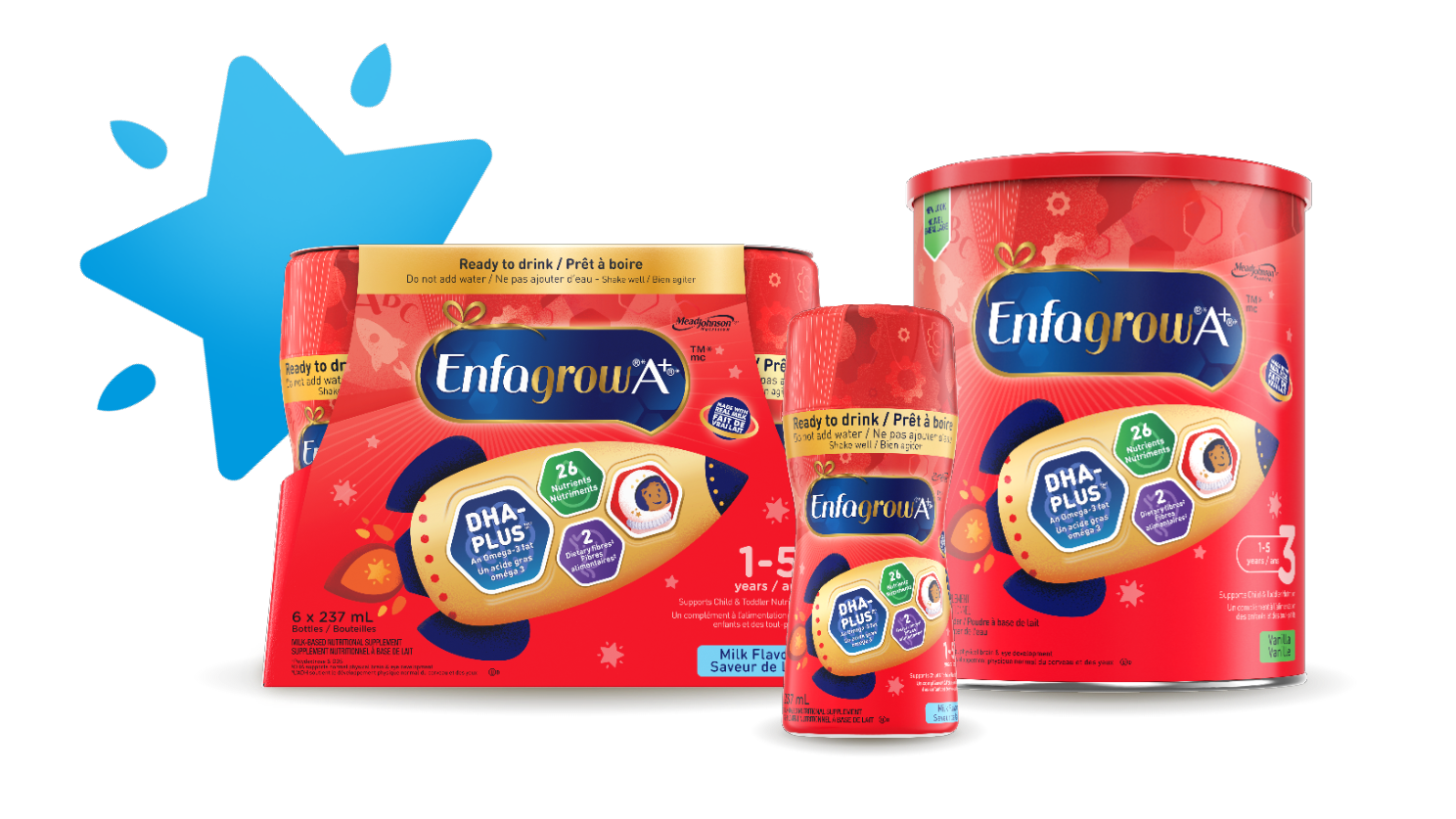
Neurons are like “wires” of the brain. They form connections with thousands of other neurons, making an immense network of over a trillion connections. As your child grows, these connections become much more elaborate and efficient, allowing for massive amounts of information processing and development of cognitive, motor, language, and problem-solving skills. This helps your child learn all kinds of things, from a new word to a new song.
How Brain Development Connects to Nutrition
Articles
Explore our kids development articles, and learn more about children milestones, nutrition and more.
See Sources
Hide Sources
- Brain Development:
–– Internal Nutrition Science and Neuroscience Team (Neeraj Pandey; Salma Abdelmagid)
––Enfagrow Singapore website: https://www.enfagrow.com.sg/development/child-3-till-6/milestones/brain-development-3-5-years
- Neurons: https://www.ninds.nih.gov/health-information/patient-caregiver-education/brain-basics-life-and-death-neuron#:~:text=Neurons%20are%20information%20messengers.,rest%20of%20the%20nervous%20system
- Zinc: Zinc | Nutrition | CDC
- Iron: Iron | Nutrition | CDC
- Vitamin E: Vitamin E - Health Professional Fact Sheet (nih.gov)
- Vitamin A: Vitamin A - Mayo Clinic
- Vitamin B12: Vitamin B12 - Consumer (nih.gov)
- Vitamin B6: Vitamin B6 - Consumer (nih.gov)







